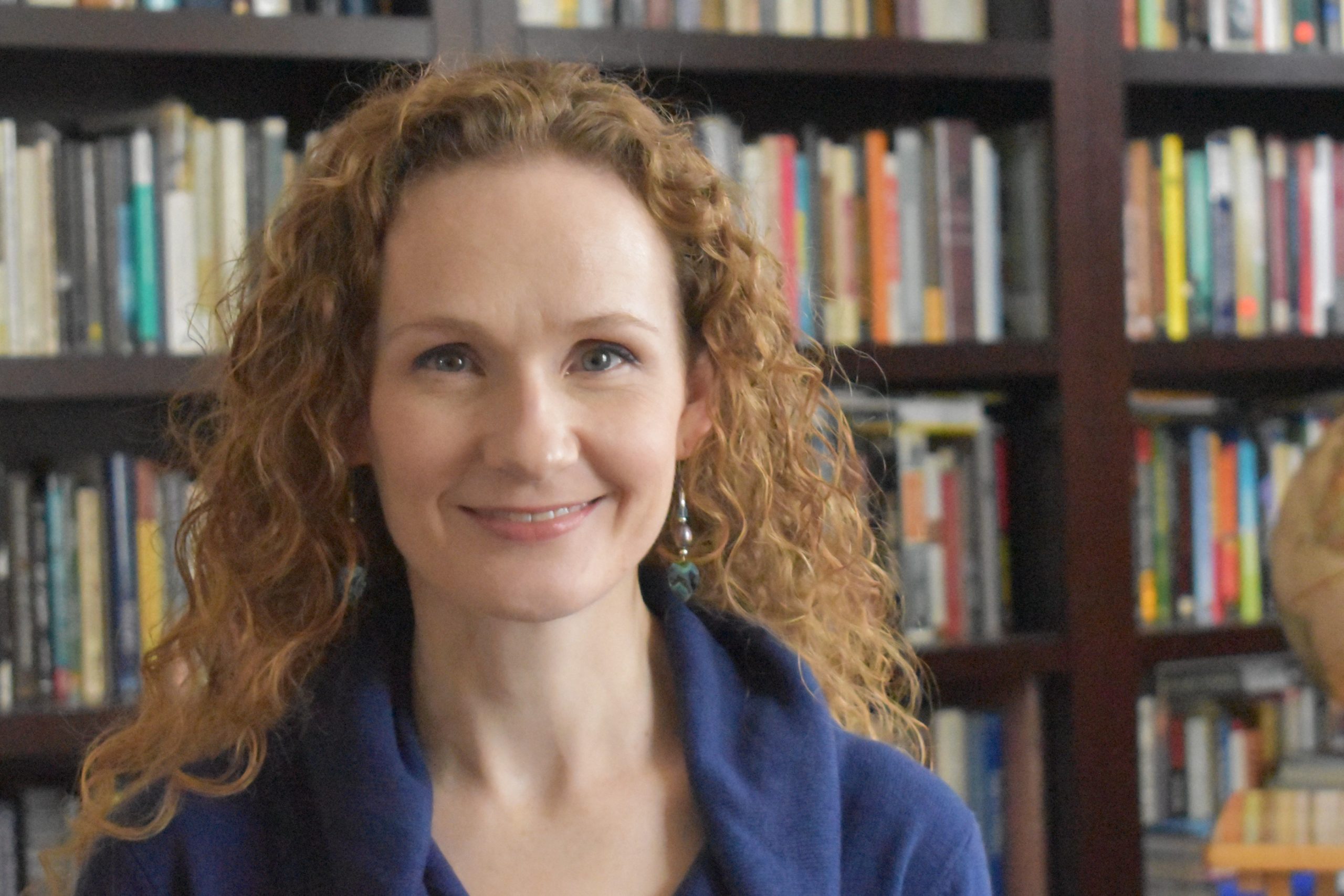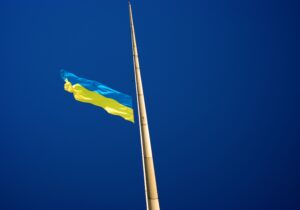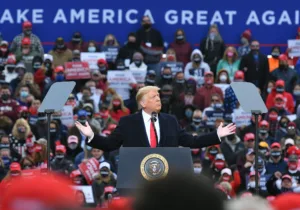When asked why we should support Ukraine in its war with Russia, “to defend democracy” is a common answer. But what does it really mean to defend democracy?
From one perspective, “defending democracy” means a fight to preserve the post-World War II international order and all that entails: a European continent without a major land war in most people’s lifetimes, American military and economic hegemony exerting its influence over global politics, and a semblance of justice provided through international organizations such as the UN, World Bank, International Criminal Court, and so on.
From a more limited point of view, Ukraine’s war is a fight for freedom from Russian domination and the principle of national self-determination; a conflict that will allow Ukrainians to continue their own experiment in democracy and the personal as well as political freedoms that democracy can provide.
Part of that self-determination is the right to choose their own leader, rather than a Russian puppet or even Putin himself, and to choose their leader through democratic elections, not sham elections (which are not elections at all, but a form of political theater).
Democratic elections themselves rest on two other principles of liberal democracy: political equality – one person, one vote – and popular sovereignty – the idea that the source of political power and legitimacy is not force of arms or conquest, but in the people’s decision to grant authority to a person or persons, who use the power of their office on behalf of the people whom they are appointed to serve.
The structure of democracy is rooted in not just political equality but equality under the law: a democratic people is ruled not by an individual, but by laws duly established and enforced not by a monarch, dictator, or president for life, but by an officer of the court: by a person who is herself subject to the law she enforces. A defender of democracy defends an independent judiciary and the rule of law at home as much as the law of nations abroad.
The need to hold democratic government accountable to the law entails a free press, which informs citizens, counters government propaganda, and holds the powerful to account. Democratic government is also limited government, leaving space for private property as much as private life. From these principles, we glean that generally free but fair and rules-governed market economies along with norms against corruption are also key features of contemporary democratic societies.
The goal here is to illustrate that democracy is not one thing; it’s all of these things, and more besides. A society can have some features of democracy but not others, making it somewhat but not fully democratic, or balance democracy’s constituent components in different proportions, limiting some aspects of these components without thereby ceasing to be democratic. To take one familiar example, Great Britain is a constitutional monarchy without a written constitution – a democracy with an aristocracy – but it is still generally recognized to be among the company of liberal democratic states.
So, when we talk about defending democracy, we must first recognize its multifaceted nature, and then we must be clear about which of these aspects of liberal democracy are most essential to defend.
For an illustration of why this recognition matters, we need look no further than the recent news that the Prime Minister of Canada (a democracy) has accused the government of India (another democracy) of killing a Canadian citizen on Canadian soil, apparently for promulgating political ideas which the Indian government considered liable to incite the sedition of Sikhs in India. So far, the US response has been relatively muted. Splitting the difference may not be a viable long-term strategy, particularly as the assassination in Canada is not the only anti-democratic activity occurring in the world’s most populous democracy.
Recognizing what matters for democracy matters in Ukraine, too – because at least part of the cause of the war is that the existence of democracies – even struggling ones – is a direct threat to authoritarian forms of government. Not because “the West” has inbuilt imperialistic tendencies, as Putin often claims, but because even nascent democracies demonstrate the hollowness of the would-be tyrant’s bargain: that, in exchange for freedom, people will gain a measure of security, prosperity, and national pride. Yet as has been shown time and again, that promise is a hollow deception. If a people want to live in a secure and prosperous state in which they can take pride, the safe bet is on liberal democracy, not in any of the manifold forms of autocracy currently on offer.
It is a fraught moment for democracy, when democratic societies seem fractured by their very freedoms, betrayed by their vision of shared prosperity. This can make some reluctant to defend it wholeheartedly.
But democracy is more than just a set of procedures for resolving political differences. It is a social order, a disposition, a value system. And despite its limitations—limitations tied to its flawed and fallible human practitioners which we cannot transcend but only work within—it is fundamentally better than the alternative. Liberal democracy is (with a nod to Winston Churchill) the best political economy for the promotion of human flourishing yet devised, because it is built not on the domination of the weak by the powerful, but on the essential equality of all human beings.
That is what we defend when we defend democracy and why we must continue to defend it.







 Sponsor a student for Christianity & National Security 2024
Sponsor a student for Christianity & National Security 2024